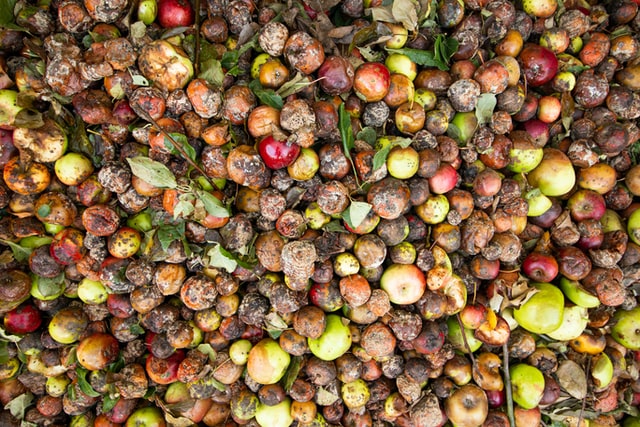In the European Union, every year around 88 million tonnes of food end up in the bin that would actually still have been eatable. According to the Austrian Federal Ministry for Climate Protection, Environment, Energy, Mobility, Innovation and Technology (BMK), a team of researchers from Fraunhofer Austria Research, TU Wien, WU Wien, Invenium Data Insights and IT-Power Services is now tackling this waste. Their tool of choice: artificial intelligence (AI).

In a project called “APPETITE”, the team is working on a prognostic diagnostic that will enable them to predict the demand for food in supermarkets. This should reduce food waste by up to ten percent by preventing it from being stored in a place where it is not wanted or needed in the first place. The data is based on checkout and logistics data from the three supermarket partners Spar, Metro and Kastner. This allows the researchers to see which products are sold in which branch and how often.
This data will then in turn be linked with weather data and anonymised location data of mobile phone users. The goal: to find out how many people are shopping in what kind of weather – and what impact, for example, major events in the near vicinity have. Combining this data is one of the biggest challenges.
Reading tip: A similar challenge has been taken on by the start-up Delicious Data, which supplies ERGO canteens, among others. Its approach also uses artificial intelligence to ensure that less food ends up in the rubbish. In an interview here on //next, the two founders outlined how exactly this works.
To find out how “APPETITE” uses AI, read on here at BMK:
Most popular